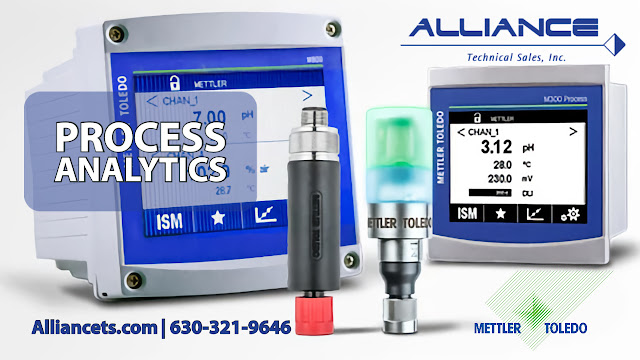pH, dissolved oxygen, and conductivity are important parameters to measure in industrial processes because they can provide valuable information about the products' quality and safety. By measuring these parameters, industrial processes can ensure that they are operating within safe and optimal ranges, which can improve the quality and efficiency of the products.
pH
pH is a measure of the acidity or basicity of a solution, and it can significantly impact the behavior of chemicals in a process.
There are several ways to measure pH in industrial processes, including using a pH meter, pH test strips, and indicator solutions. A pH meter is a commonly used instrument that measures the pH of a solution by using a probe to measure the electrical potential difference between the solution and a reference electrode. pH test strips are also commonly used in industrial processes, as they are quick and easy to use and provide a general indication of the pH of a solution.
Dissolved Oxygen
Dissolved oxygen is vital because many industrial processes involve biological organisms that require oxygen to survive and function properly.
There are several ways to measure dissolved oxygen in industrial processes, but some of the most common methods include the following:
- Electrochemical sensors: These sensors use an electrode to measure dissolved oxygen concentration in a solution.
- Optical sensors: These sensors use light to measure the amount of dissolved oxygen in a solution.
- Membrane-based sensors: These sensors use a thin membrane to separate the sample being measured from the oxygen-sensitive material, allowing for accurate dissolved oxygen levels.
Conductivity
Conductivity is a measure of the ability of a solution to conduct electricity. It can provide information about the concentration of ions in the solution, which can be helpful in various applications.
Conductivity in industrial processes is typically measured using a conductivity meter. This device uses electrodes to pass an electrical current through a substance sample and measures the substance's resistance to the flow of electricity. The resistance converts into a conductivity reading, typically reported in units of siemens per meter (S/m).
It's worth noting that the most appropriate method for measuring dissolved oxygen, conductivity and pH in industrial processes will depend on the application's specific requirements. It's always a good idea to consult with an expert in the field to determine the best method for your particular needs.
METTLER TOLEDO provides analytical transmitters for a wide range of analytics, including pH/ORP, oxygen, dissolved carbon dioxide and conductivity or resistivity. These analytical transmitters are the component within a measurement system that communicates displayed measurements to a user or higher level control system. METTLER TOLEDO high-performance analytical transmitters offer compatibility with traditional analog sensors and digital sensors with METTLER TOLEDO's Intelligent Sensor Management (ISM).
Discuss your process analytics requirements with professional, skilled expert engineers. Alliance Technical Sales is available to assist in the application and specification of sensors, transmitters, and controllers for any industrial process. Call them at 630-321-9646 or visit their website at https://alliancets.com.
